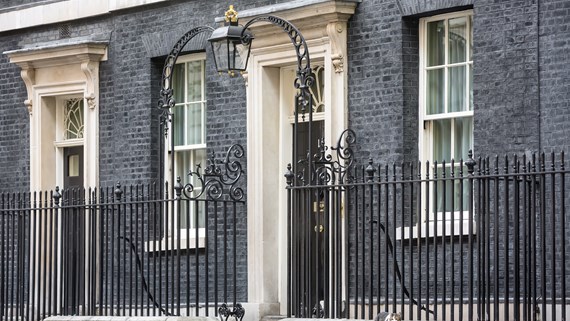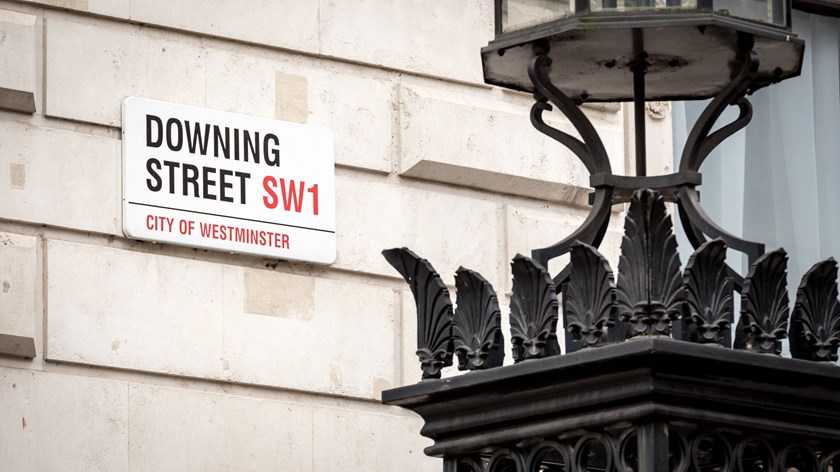Spring Budget 2023: calm after autumn storms
Insight

Jeremy Hunt’s “growth budget” was delivered on a positive note with a focus on stability and spending to incentivise growth. This represented a welcome change from the budget chaos of the autumn which delivered unexpected changes to the UK tax system.
Personal Tax
The government announced changes to both the pensions Lifetime Allowance (LTA) and the pensions Annual Allowance (AA). The LTA is the maximum amount individuals can save into a pension pot without triggering a punitive tax on savings (currently set at £1,073,100). Once over the lifetime allowance, the excess is subject to a tax charge at 55 per cent on receipt of a lump sum and 25 per cent otherwise. The AA also restricts the amount of tax-free saving that individuals can make into their pensions each year. Currently, those on incomes over £240,000 are also subject to a tapered AA allowance which can reduce an individual’s AA to £4,000. The Chancellor announced that the LTA charge will be removed from April 2023 and the allowance abolished in April 2024. The AA will also rise from £40,000 to £60,000 per annum from April 2023 and the tapered AA allowance will increase the adjusted income level required for the tapered AA to apply to £260,000 and the minimum taper AA allowance to £10,000. This news will be welcomed by higher earners as both a simplification and an incentive to add more to their pensions savings, although the taper in the AA still means that those with incomes of £360,000 or higher will still only be able to contribute £10,000 per annum.
The scope of agricultural property relief and woodlands relief for inheritance tax – both of which allow qualifying assets to pass to the next generation free from inheritance tax - will be restricted to property in the UK from 6 April 2024. The government will also be consulting on the scope of the relief and whether it is a barrier to landowners making a change from agricultural to environmental use. This may result in certain environment uses qualifying for APR.
In a similar vein, charitable reliefs will also be restricted to UK charities and Community Amateur Sports Clubs (CASCs) only. The change will be effective from 15 March 2023 and will apply UK-wide. European Union and European Economic Area charities and CASCs that HMRC has already accepted qualify for charity tax reliefs will qualify for a transitional period until April 2024.
In addition, a new elective accruals basis of taxation will apply for carried interest from 6 April 2022. It will allow UK resident investment managers to accelerate their tax liabilities to align their timing with the position in other jurisdictions where they may obtain double taxation relief. Increased scrutiny of crypto assets means that a new “crypto” section will now be introduced into the capital gains tax return to report on disposals.
As expected, the Chancellor did not announce any changes to the taxation of non-domiciled individuals on either income or capital taxes. This means that for their first 15 years of residence, non-domiciled individuals can continue to limit UK tax on their non-UK income and gains by ensuring they remain outside the UK. It remains to be seen if future budgets will introduce further reforms in this area.
Business Tax
Despite much opposition, the planned increase in the corporation tax rate to 25 per cent will go ahead from 1 April 2023 for companies with profits in excess of £250,000. The tax rate will taper down towards 19 per cent for smaller companies. The government has softened the blow of this long-anticipated change through the announcement of revised corporation tax reliefs and administrative changes.
The most significant of these are changes to the capital allowances regime which will allow “full expensing” for the next three years. To replace the existing “super deduction”, from April 2023 until 31 March 2026 companies investing in qualifying plant and machinery will qualify for a 100 per cent first year allowance for main rate assets. Main rate assets include warehousing equipment, electrical and office equipment and some building fixtures and fittings. Companies will be able to write off the full cost of these assets in the first year which effectively provides companies with the same benefits of the current “super deduction” and represents a significant up front tax saving. Companies that invest in special rate assets (which includes other plant and machinery as well as long life assets such as solar panels) will benefit from a further three years of the 50 per cent first year allowance that was due to end in March 2023.
A new research and development scheme for loss making “intensive” small and medium businesses (SMEs) is also being introduced. “Intensive” SMEs are those where research and development (R&D) expenditure is worth 40 per cent or more of total expenditure and eligible companies will be able to claim £27 from HMRC for each £100 of R&D investment.
Finally, on a more practical note, the government intends to simplify several administrative processes for small business including the process of granting enterprise management incentives (EMI) share options. Although EMI options are designed to incentivise employees in smaller businesses the process of granting such options is often disproportionately complex. From April 2023 the government will simplify the procedure and extend the deadline for the notification of awards to HMRC.
This publication is a general summary of the law as at the date of publication. It should not replace legal advice tailored to your specific circumstances.
© Farrer & Co LLP, March 2023






